Three years ago, I was assigned to write Anna Bondoc’s new faculty profile. She had joined the faculty as an English teacher in 2020. I was a new staffer to Spyglass and the thought of interviewing a teacher was intimidating. I just had a few questions prepared about her and her work in my notes. How long have you been teaching? How did you go from art to teaching?
I never expected that our Teams call would turn into a forty-minute exchange about the philosophy of life and the beauty of poetry in the midst of a pandemic. Our conversation naturally turned toward poetry and writing. I told her that I had written a poem about rice in 8th grade. We discussed the cultural practice of measuring rice with your knuckle before cooking it. She told me to only wash my rice five times so as not to get rid of the starch.
Even after a long day of online learning, her face lit up when she described the poetry she enjoyed reading and teaching. For a moment, I forgot that I was a student interviewing a teacher online. It felt more like the kind of coffee shop conversation that you’d have with your friends on a Sunday morning or late at night near the fireplace as you smile ear to ear, covered in blankets, and holding a cup of hot chamomile tea in one hand and your friend’s hand in the other.
Ms. Bondoc told me more about the reason she went into teaching English and how she became an artist. She said it felt natural to her as her first memories after she immigrated to the States at the age of three were the library and drawing spider webs. She said her job as a parent and teacher was to help kids find their natural abilities and interests, and she urged me to chase my passions in order to live a meaningful life.
But it was her love of poetry that I am reminded of most now, the power of poetry to give hope and meaning.
“I prefer novels and short stories and essays, but there’s something about poetry that I’ve been drawn to lately because I think it’s so much more about magic and mystery and there’s so much we don’t know. If there’s anything the pandemic has shown me personally, and my friends talk about this a lot, is that we think we know the answers, we think we know the future, we think we know if we do A, then B will happen—you don’t,” she said.
The poem she was recently enjoying was Ada Limon’s Wonder Woman. It’s about a woman who suffers from a chronic illness and the pain that comes with it in her daily life, but as she goes near a river, she sees a girl dressed up as Wonder Woman “in all her strength and glory, invincible, eternal…” The little girl is what the speaker needs in order to bear her own pain.
“It’s such a small tiny moment poem. It’s almost like the washing rice poem. I think you would really appreciate it,” she said, with her eyes closed and a soft smile, nodding.
I admit that I didn’t read the poem then, but somehow, now reading the poem three years later, the poem’s message feels like a powerful reminder to appreciate the small tiny moments—little things like how the soft sunlight shines on through the window on a Sunday morning while I eat freshly washed strawberries, or how two white butterflies dance together as they fly towards the sky, or how a beach ball left in the middle of the pool glides against the water as nearby shoes and socks are scattered on the deck, or how crisp and cool the midnight air feels on my skin as I walk with my friends who talk about life and the future when the weight of present grief is a hard thing to bear.
Those are the tender moments we all need in which to see, pay attention, and celebrate. They can give us the strength to get out of bed in the morning and hold our hand throughout the day like an old, familiar childhood friend. To love is to notice.
Toward the end of our interview, I asked her, “If you could give yourself one piece of advice to your high school self, what would it be?” She smiled and opened her mouth and said, “What a great question.”
Then she laughed and said, “Worrying is not working… just sit down and start, and let it be ugly, let it be practice, let it be confusing and weird… I would have said to myself—just make, worrying is not work, just begin somewhere…”
In our follow-up emails, she shared the link to a poetry podcast she was enjoying and also attached an “art manifesto by Sister Corita Kent, the former and famous art teacher at Immaculate Heart,” as she wrote in her email.
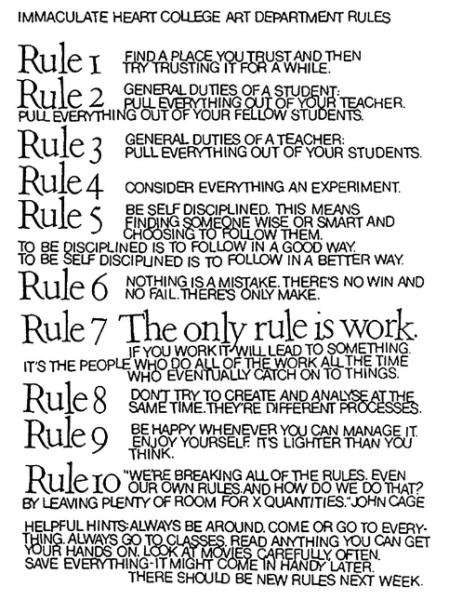
I had told Ms. Bondoc that I had been contemplating life during the pandemic, and she encouraged me to write my own manifesto. She had her students write a manifesto, which I wasn’t familiar with at that time. She explained, “A manifesto is like very short, strong statements about something specific, typically like writing or athletics or political beliefs or artistry. I’ll send you some because I’ve been collecting them, and if you’re thinking about these things and you like to write, I think it might be a fun exercise for you to just come up with; if you feel strongly about certain things, you’ll enjoy putting words together around them.”
The last part about “helpful hints” is the most important part to me. I’m glad I did “save everything—it might come in hand later.” I’m glad I saved our interview on my computer and that I learned more new things from her, even after three years. I’m glad I saved Polaroids, post-it notes with words of encouragement, and this manifesto hidden in my Outlook email.
I will be writing my own manifesto soon, which she had encouraged me to do previously, but this time I will keep in mind her words of wisdom.
In our last email exchange, she wrote, “I’ll think of you whenever I’m over washing my rice!” Looking back, I smile and hold back tears. Whenever I’m washing my rice, I will think of her.
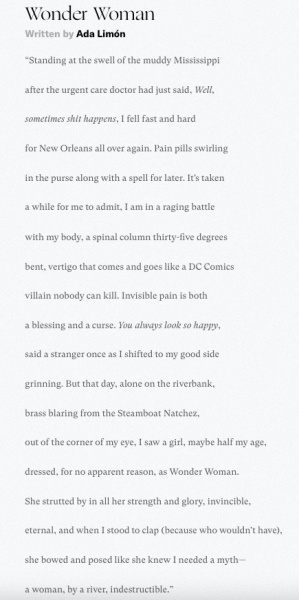
Correction (9:08 p.m. Oct. 3):
– A previous version of this article incorrectly stated that Verena read Ada Limon’s Wonder Woman four years later. Verena read Ada Limon’s Wonder Woman three years later.

![Many students at Westridge recognize the benefits of rewriting, but do it ultimately for a better grade. [When I revise] I get to make those changes and like, obviously, get a better grade, but also because Im learning more things, said Avin M. 27.](https://westridgespyglass.org/wp-content/uploads/2024/05/ElizaK-Rewrite-Policies-1200x750.jpg)
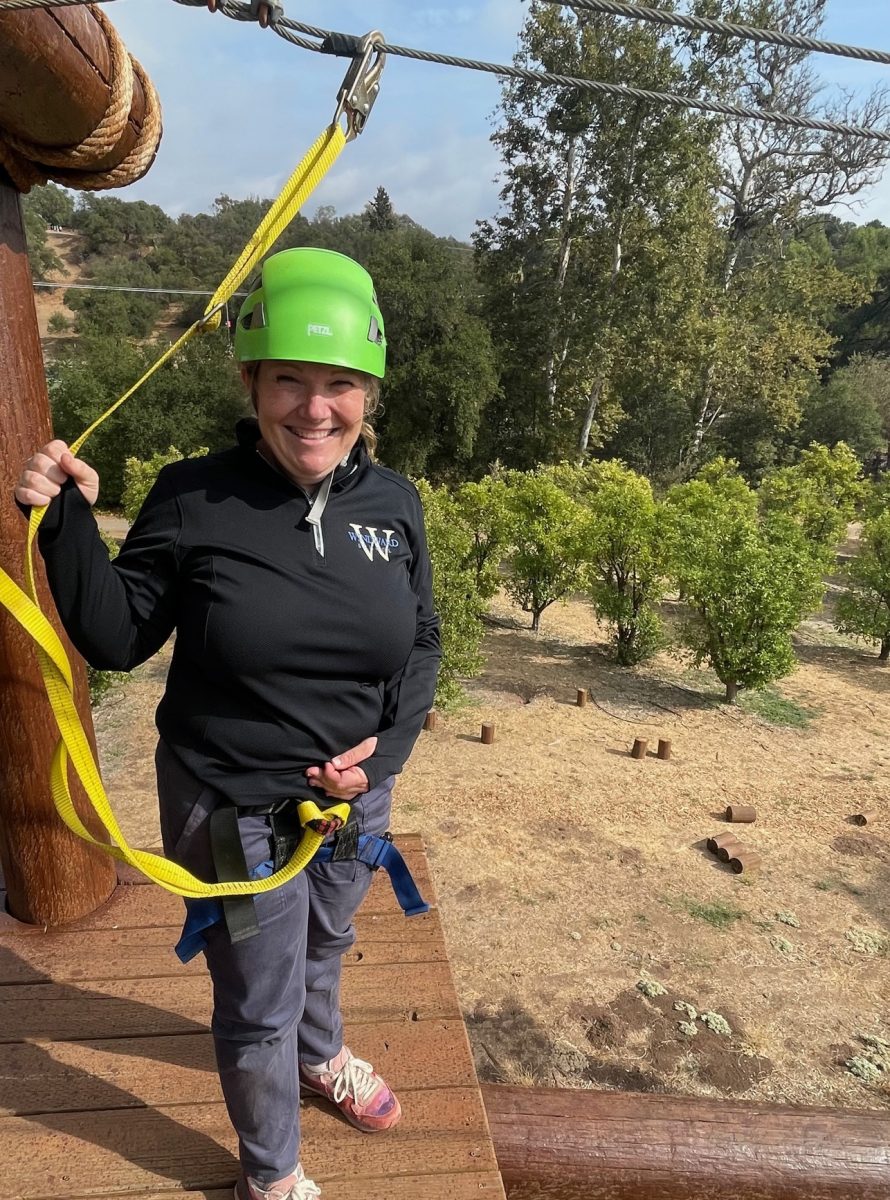
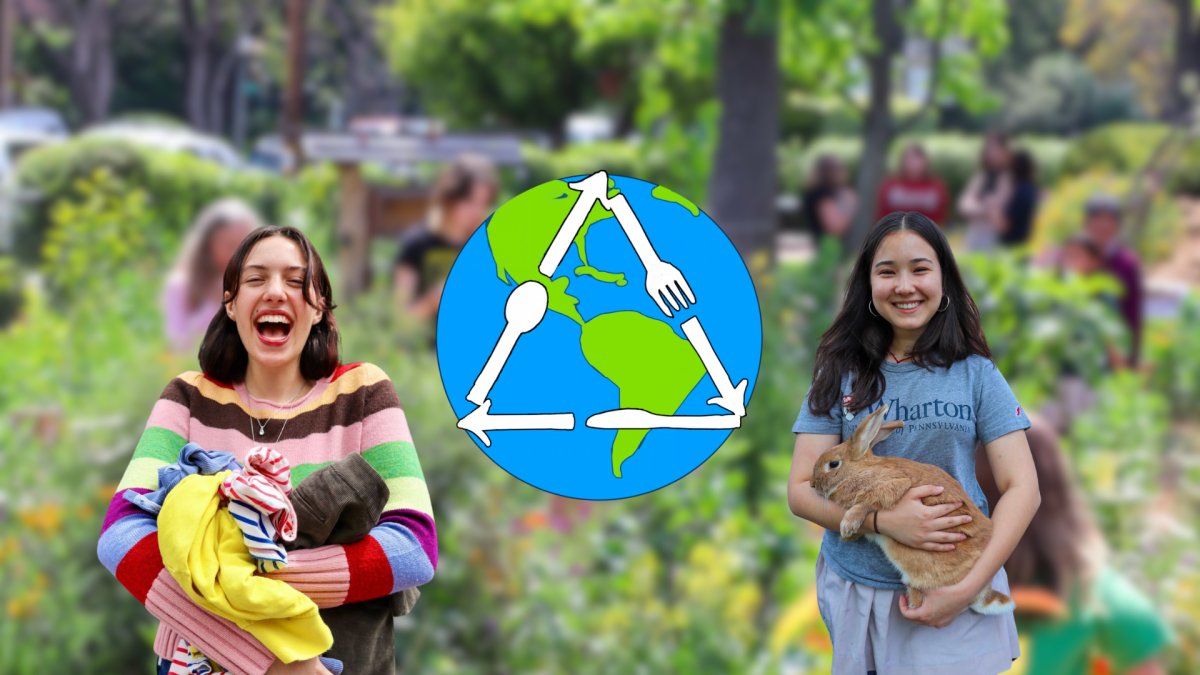
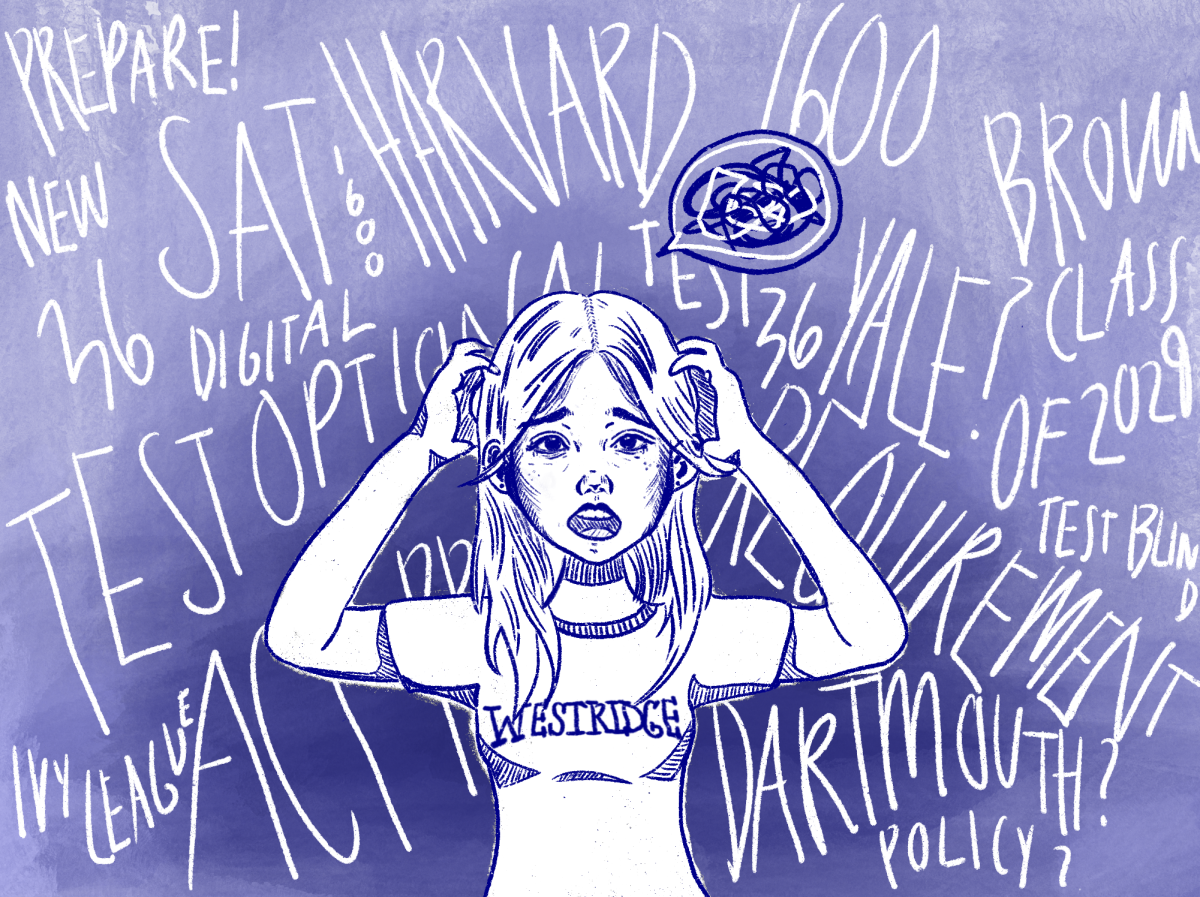
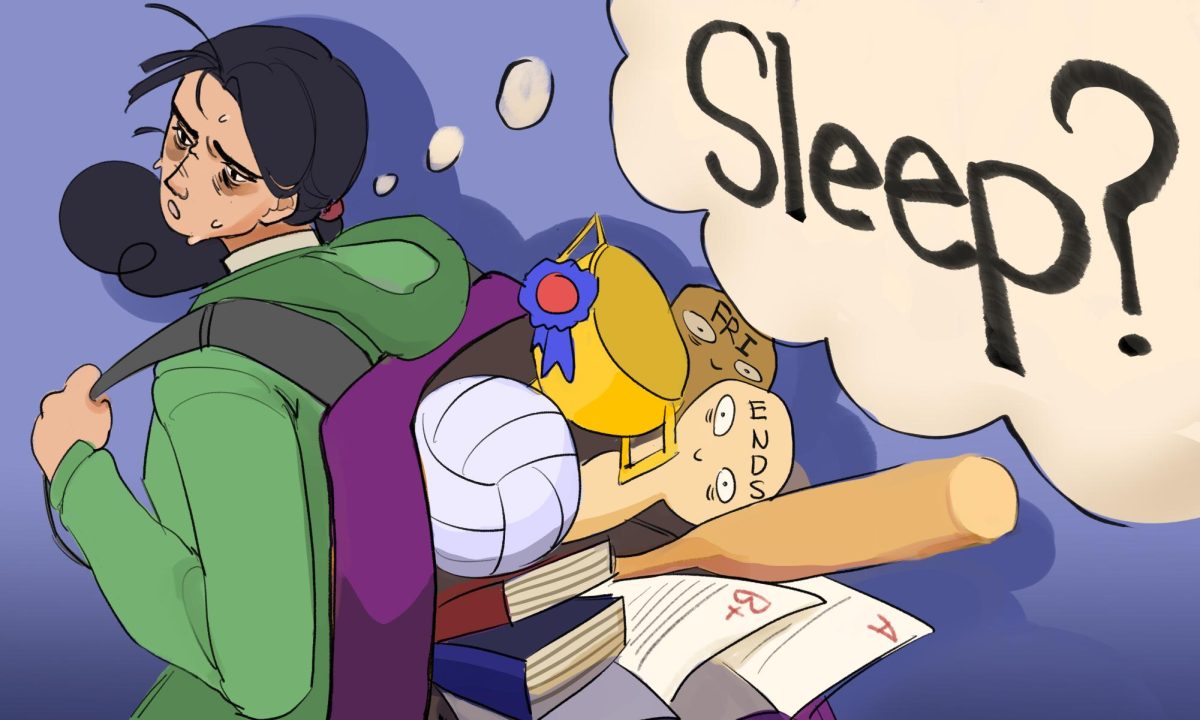
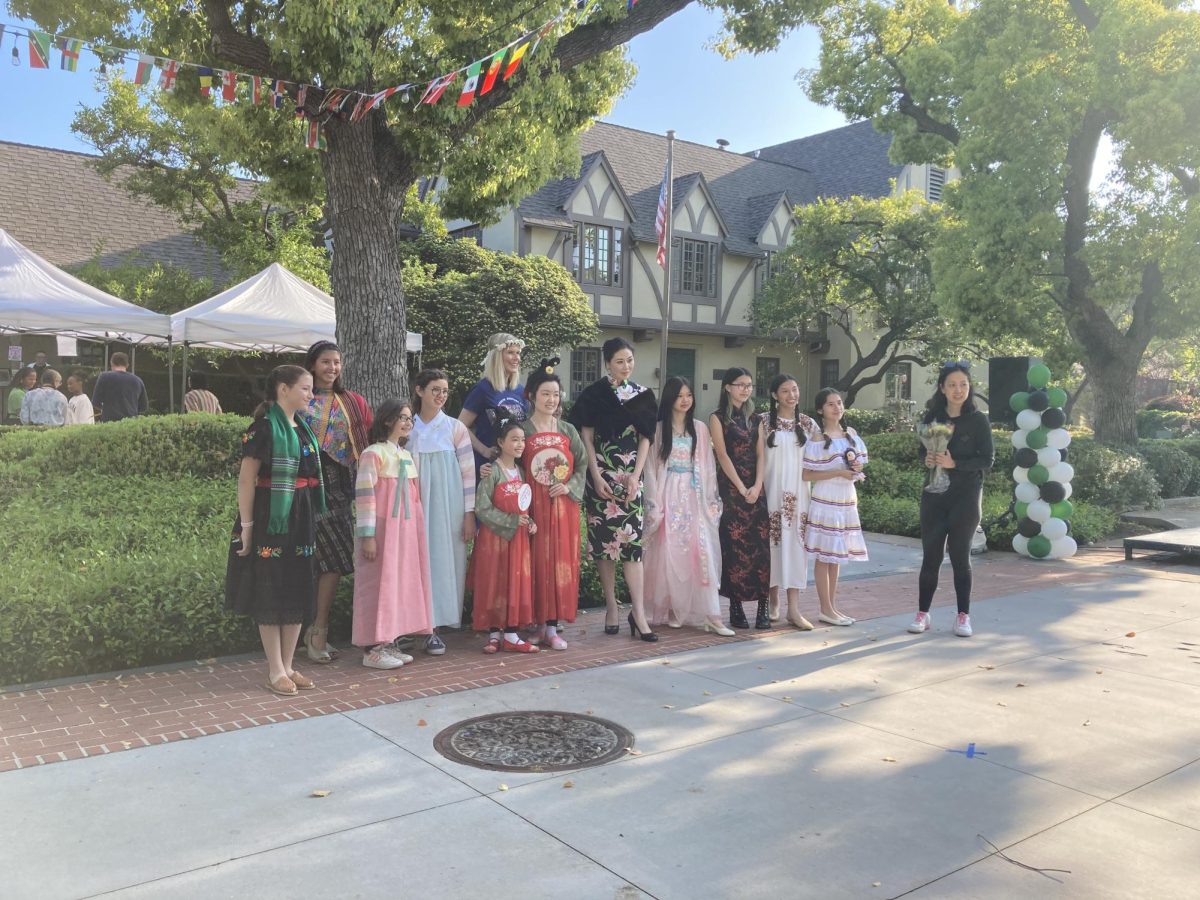
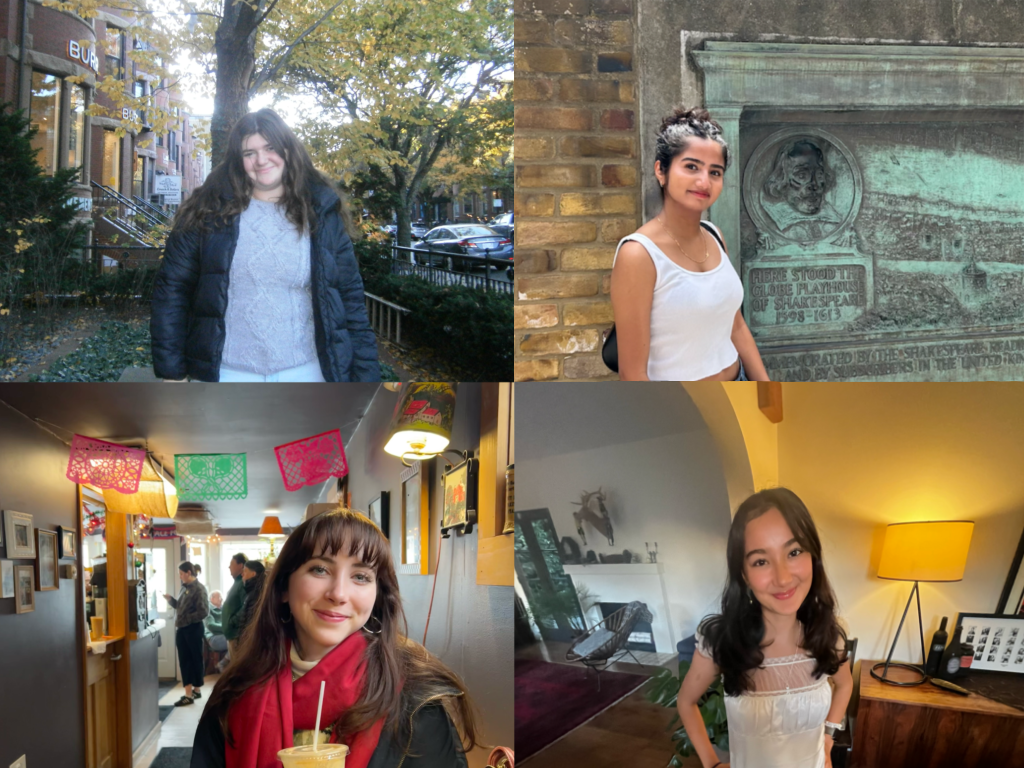
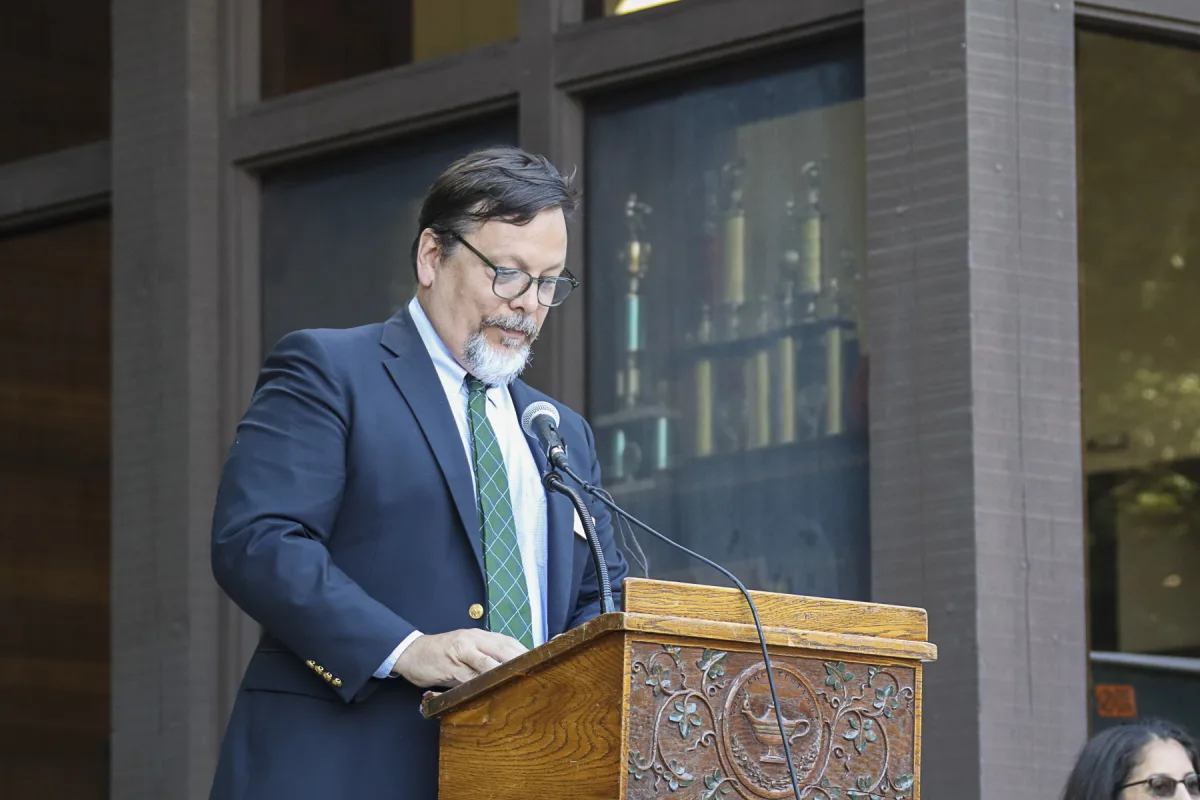
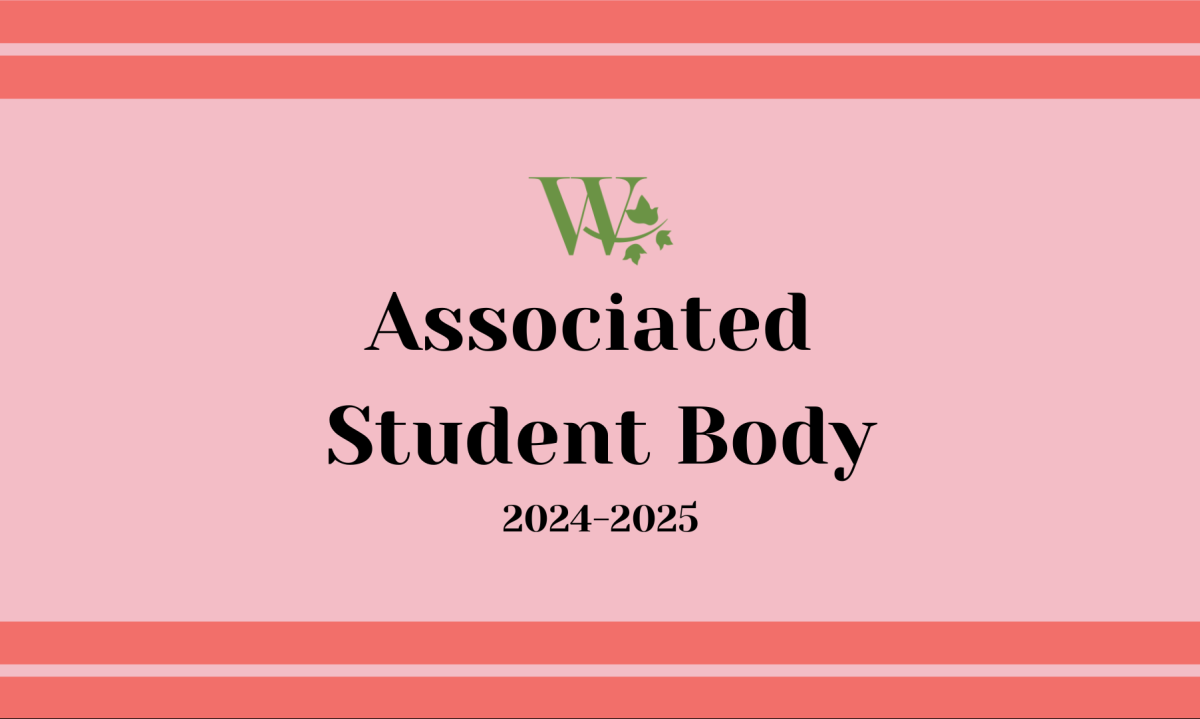
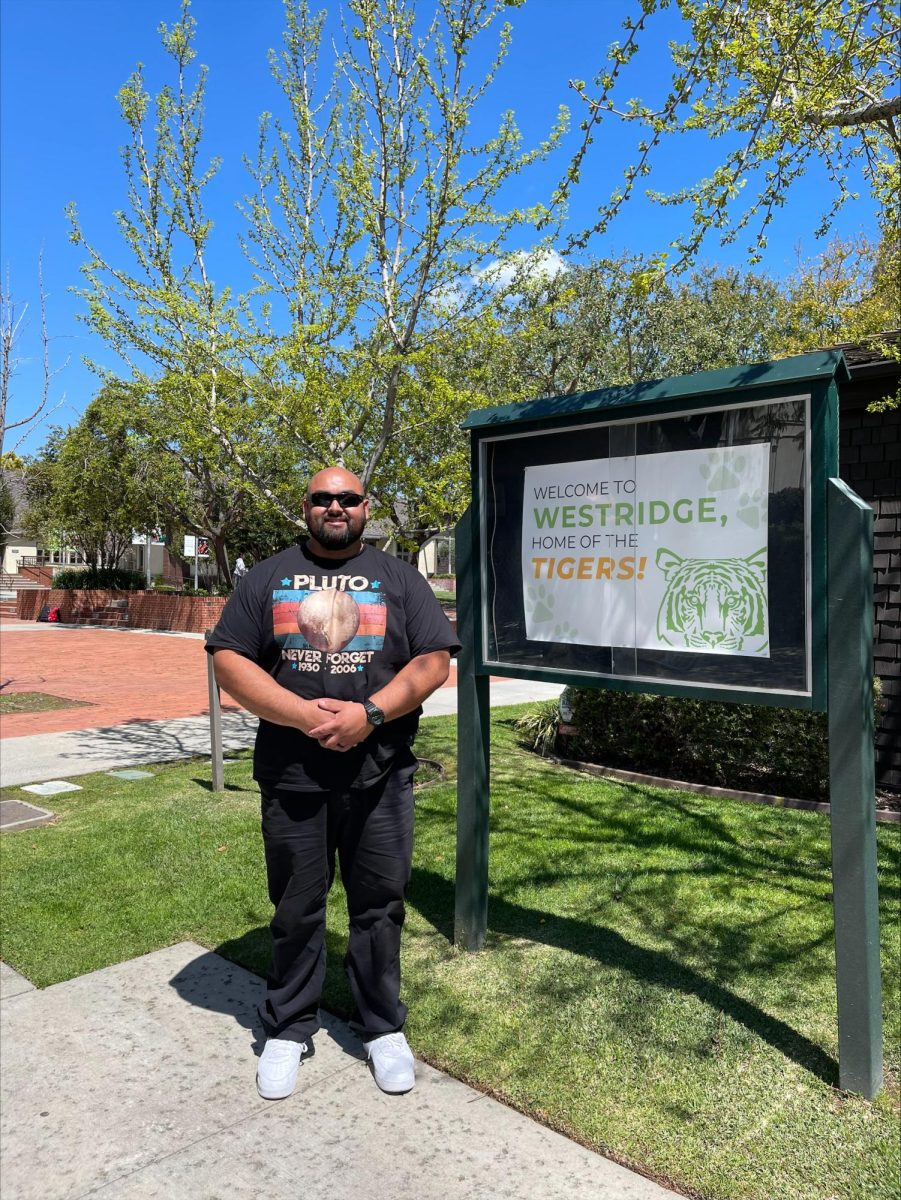
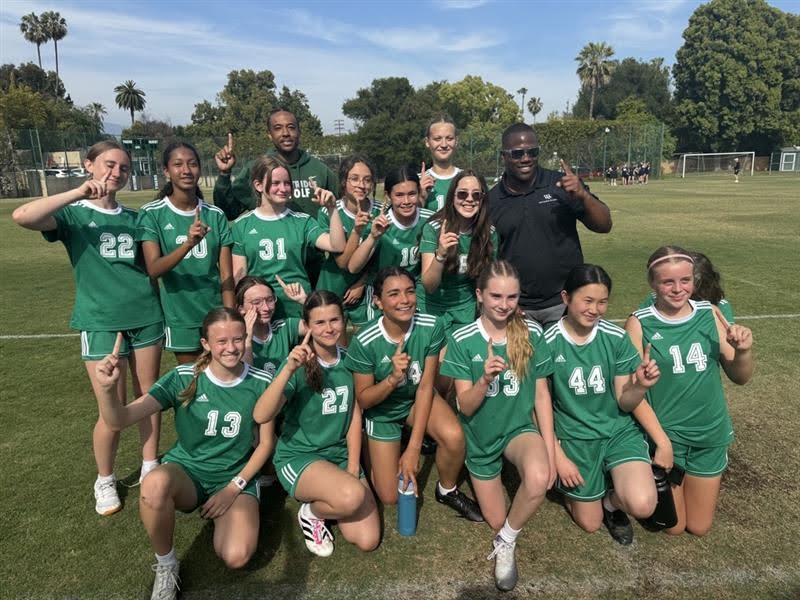




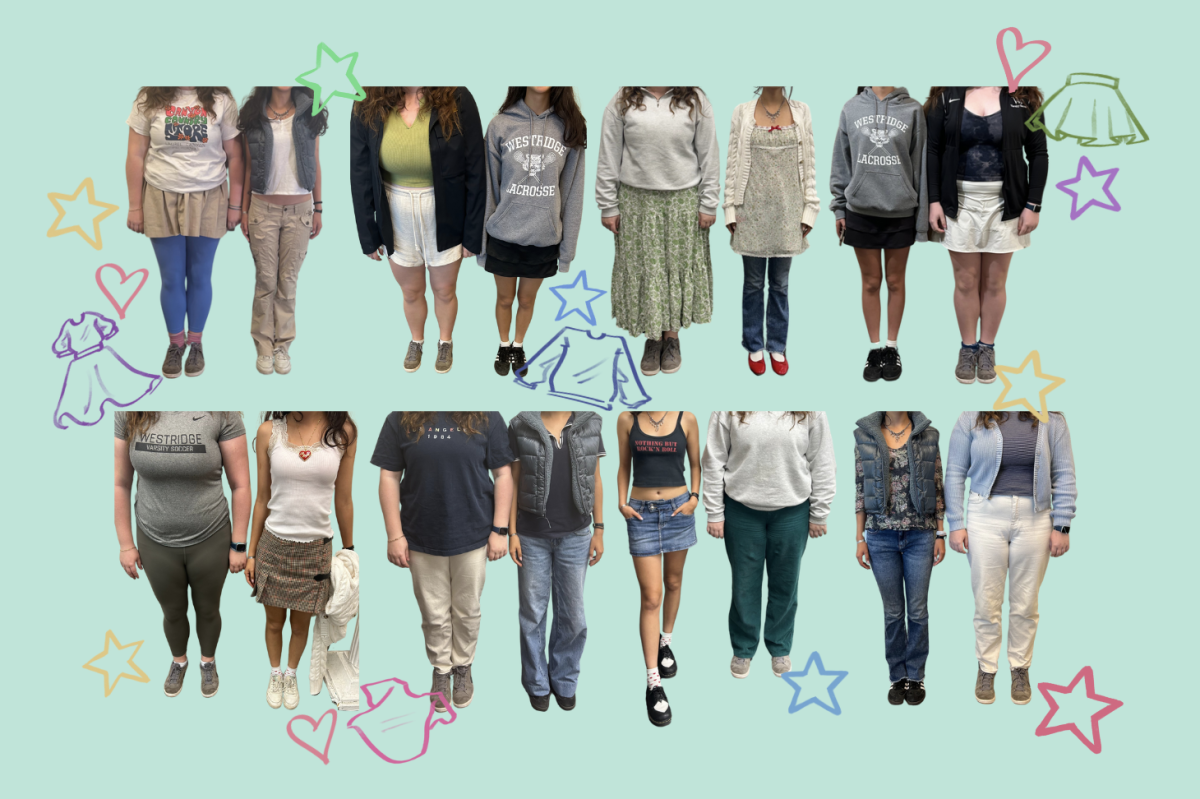
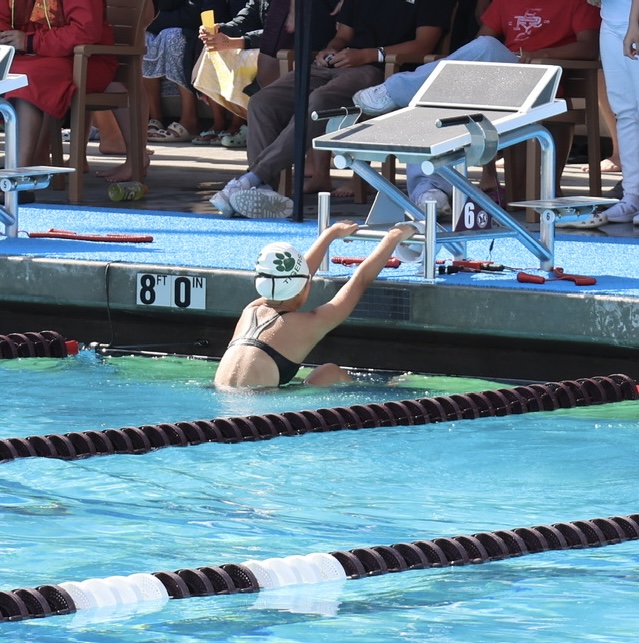

![[TTPD] has the more story-like poetic lyrics of folklore/evermore with her classic pop instrumental and production, so it feels very “her” to me. Like a culmination of everything she’s done to get to where she is now, comments Eliza L. 25](https://westridgespyglass.org/wp-content/uploads/2024/05/19swift-arrival-qfgw-articleLarge.jpg.webp)

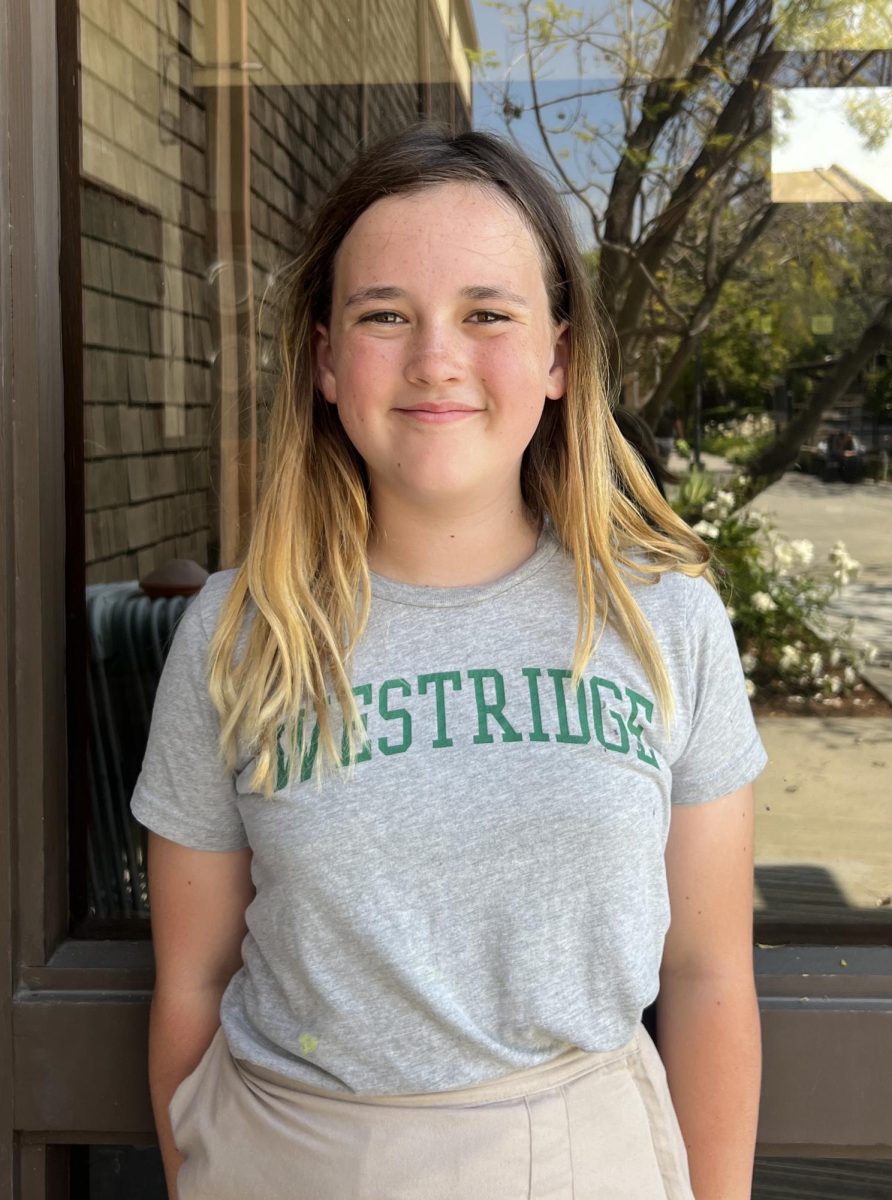
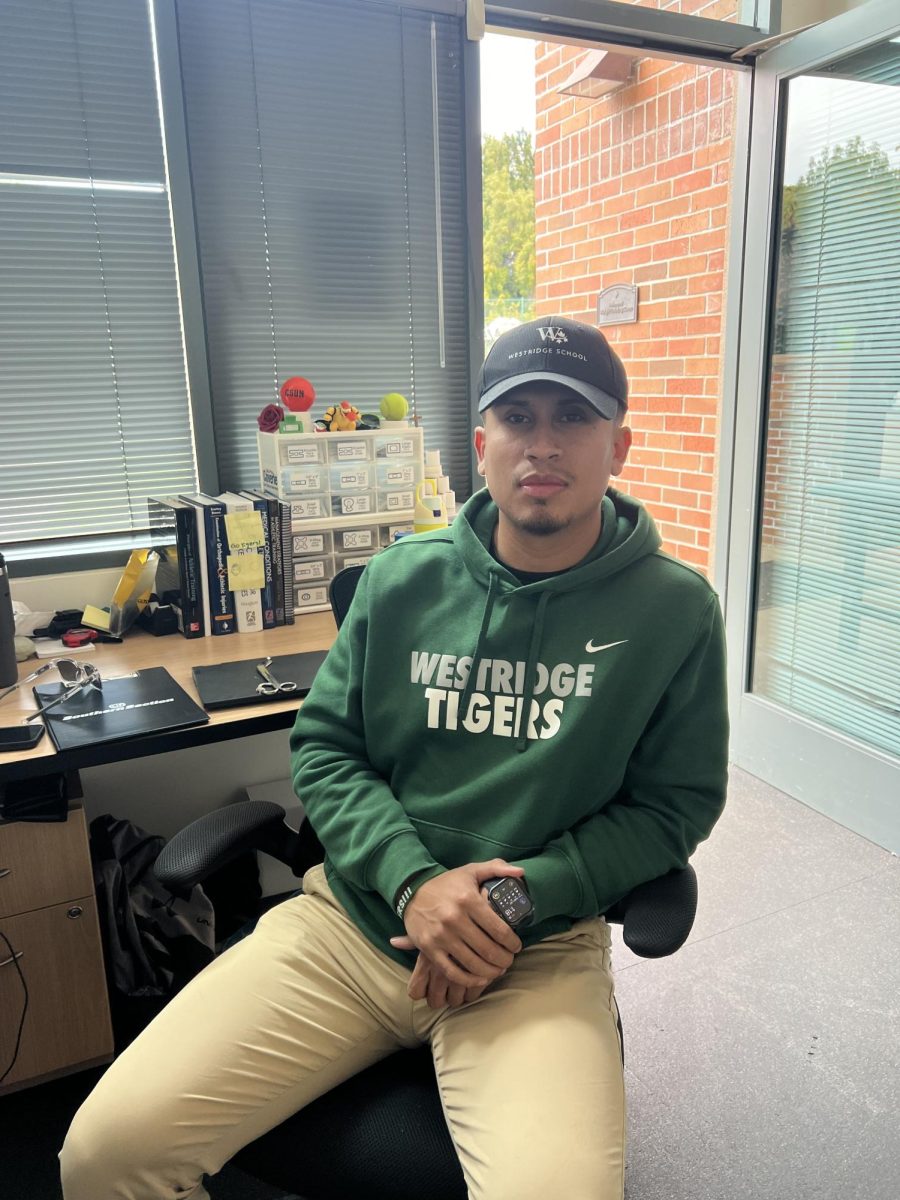
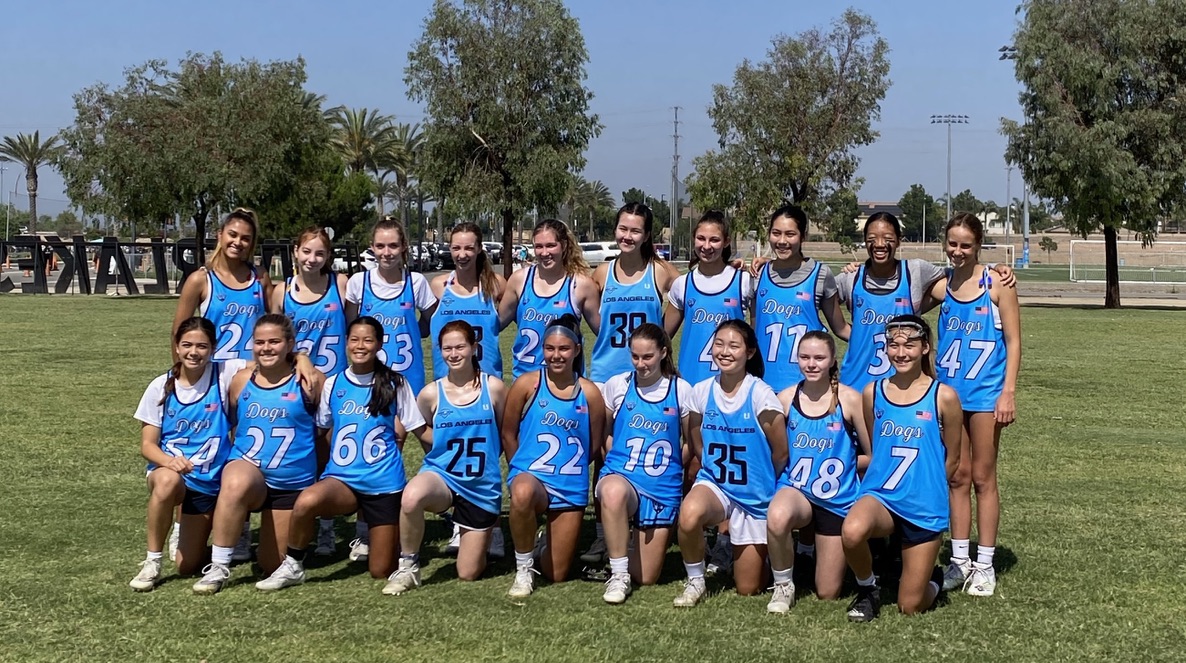
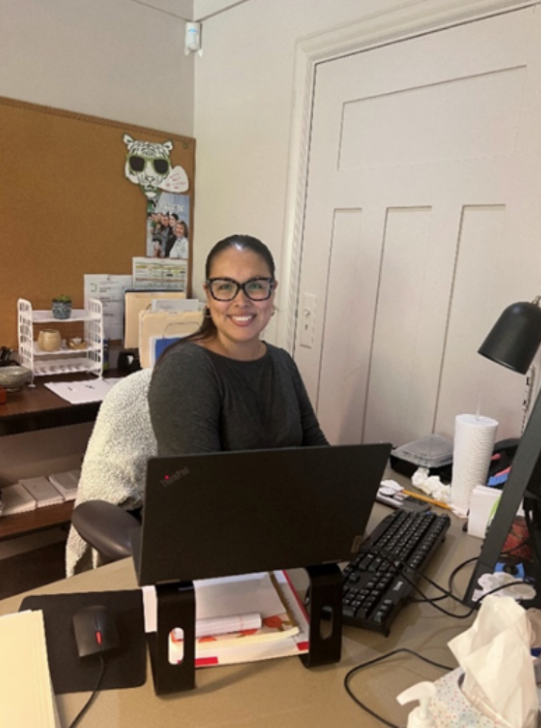
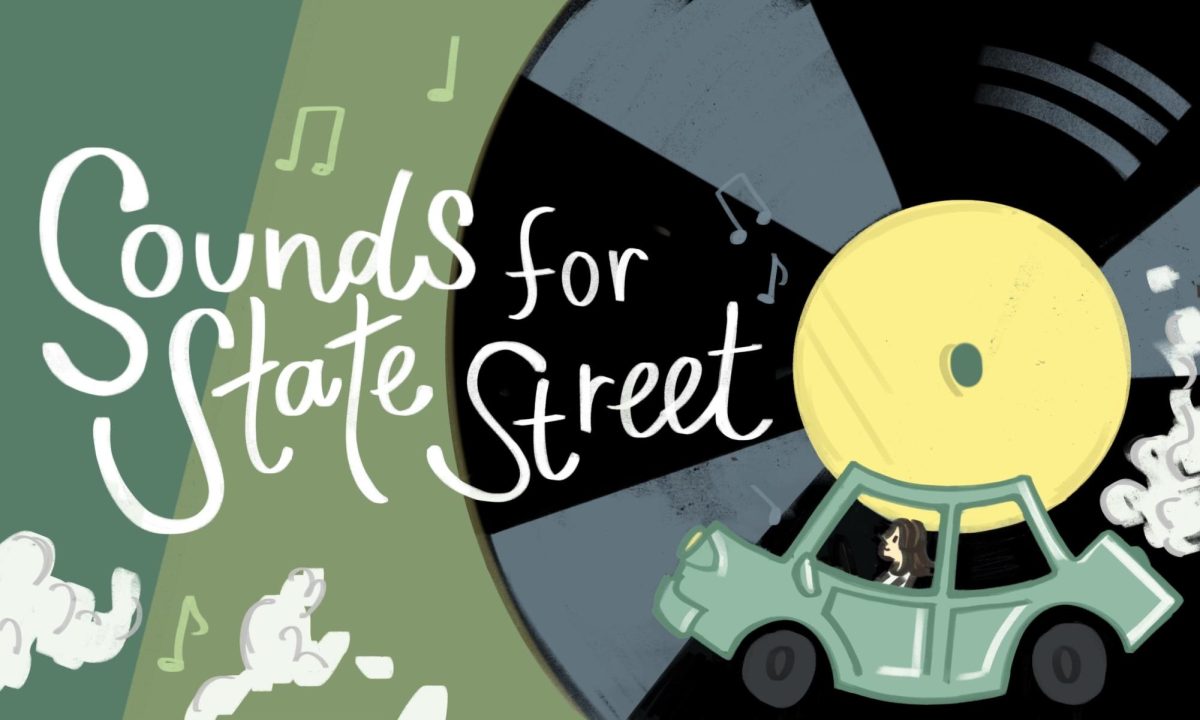


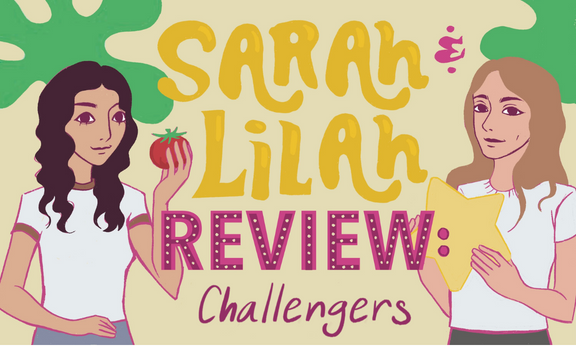



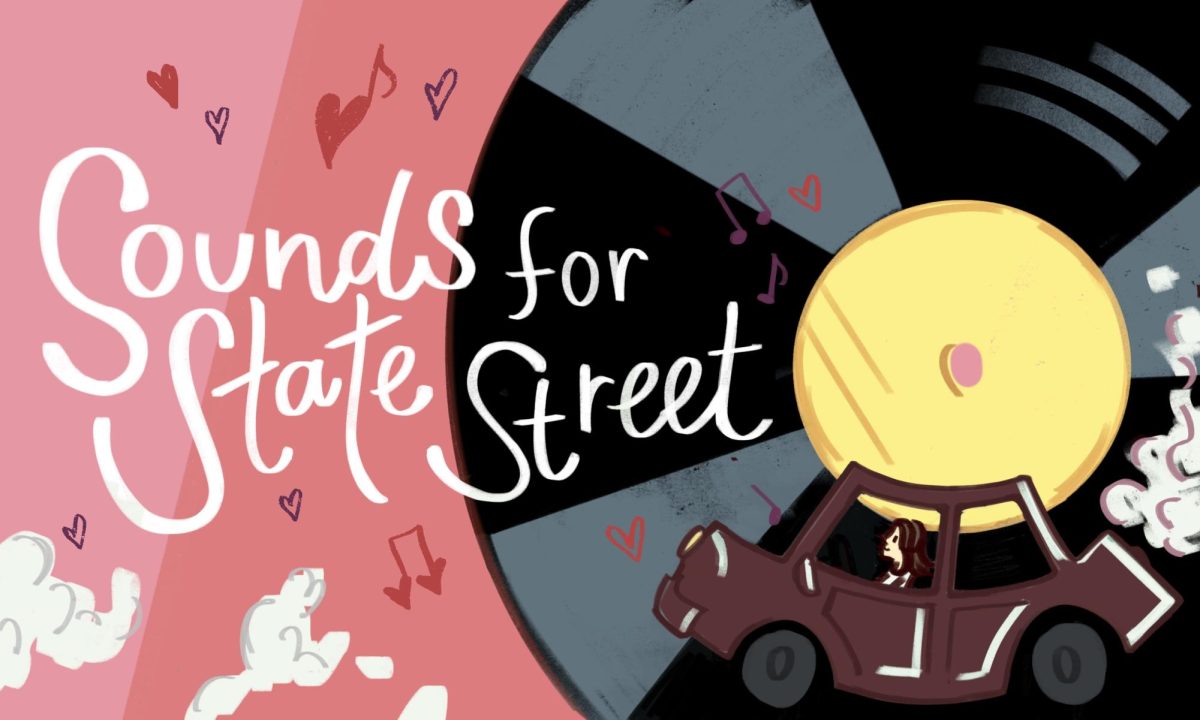
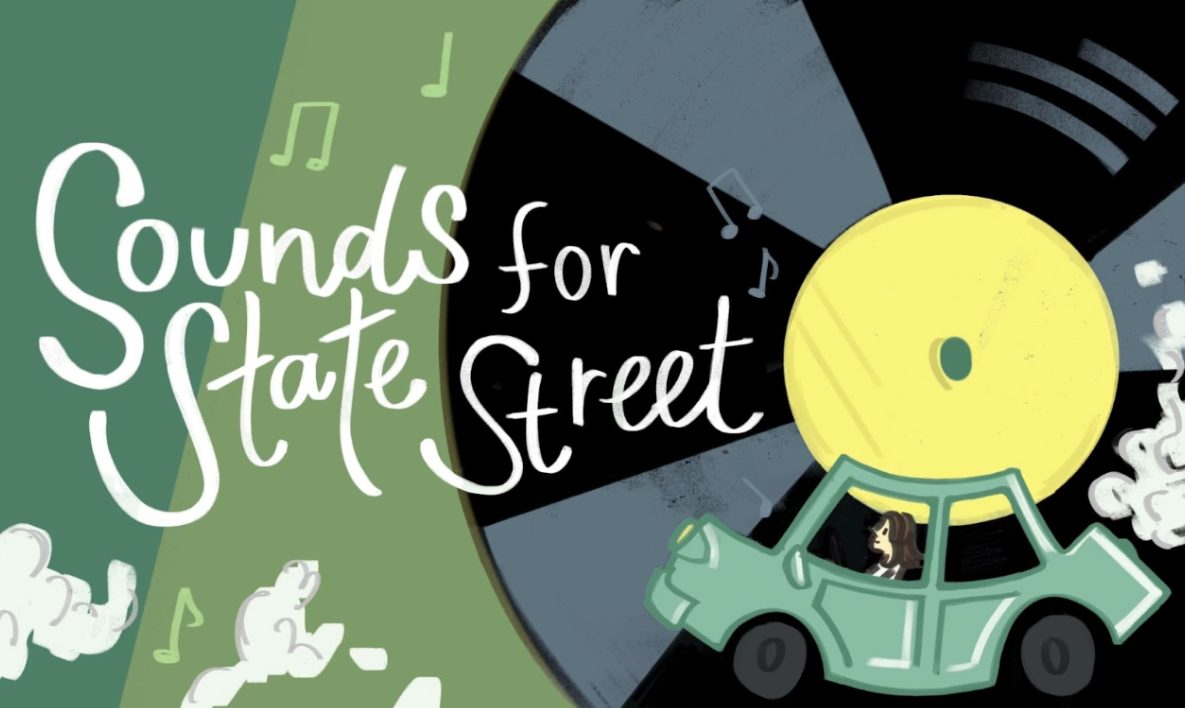


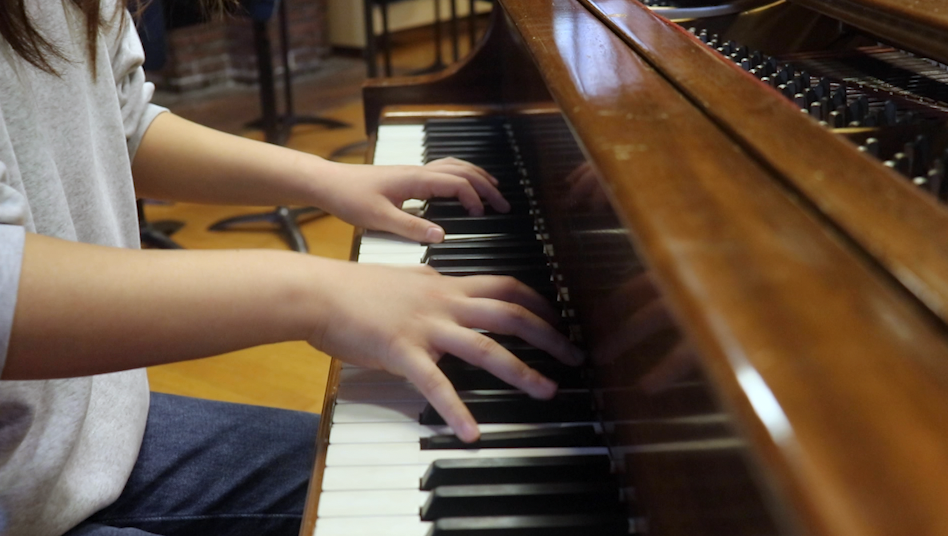
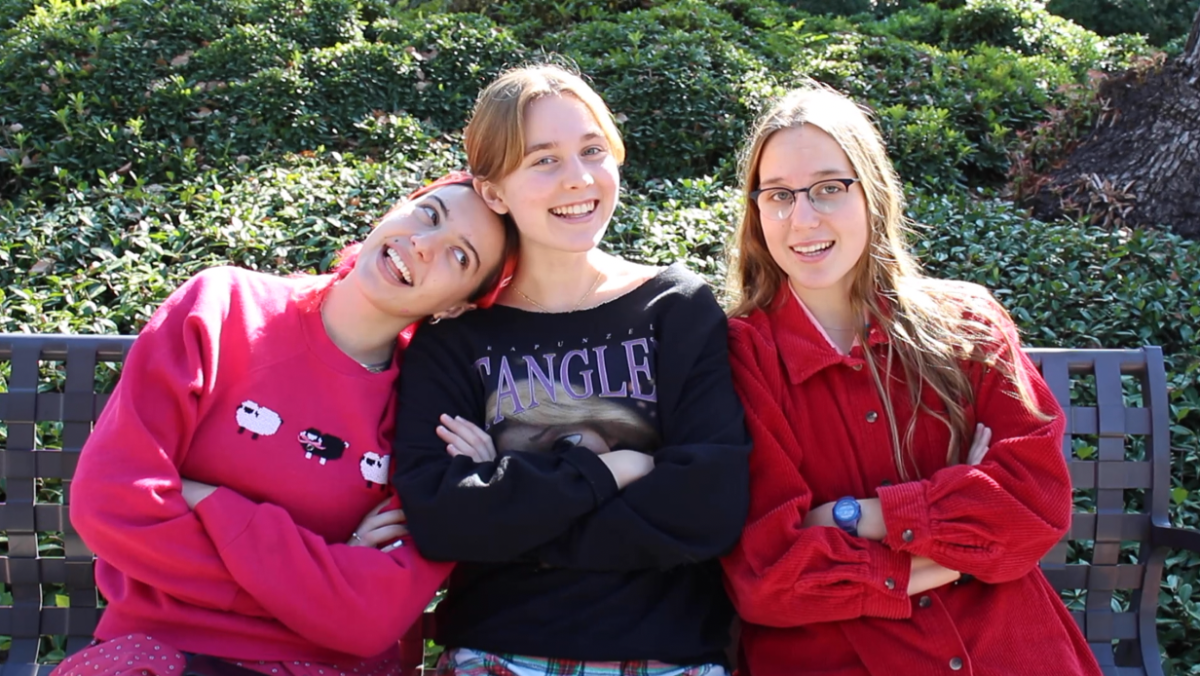
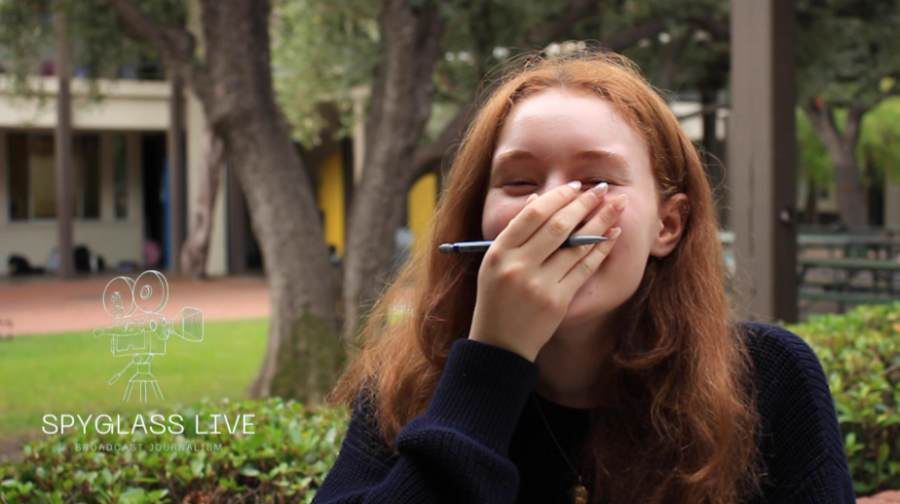

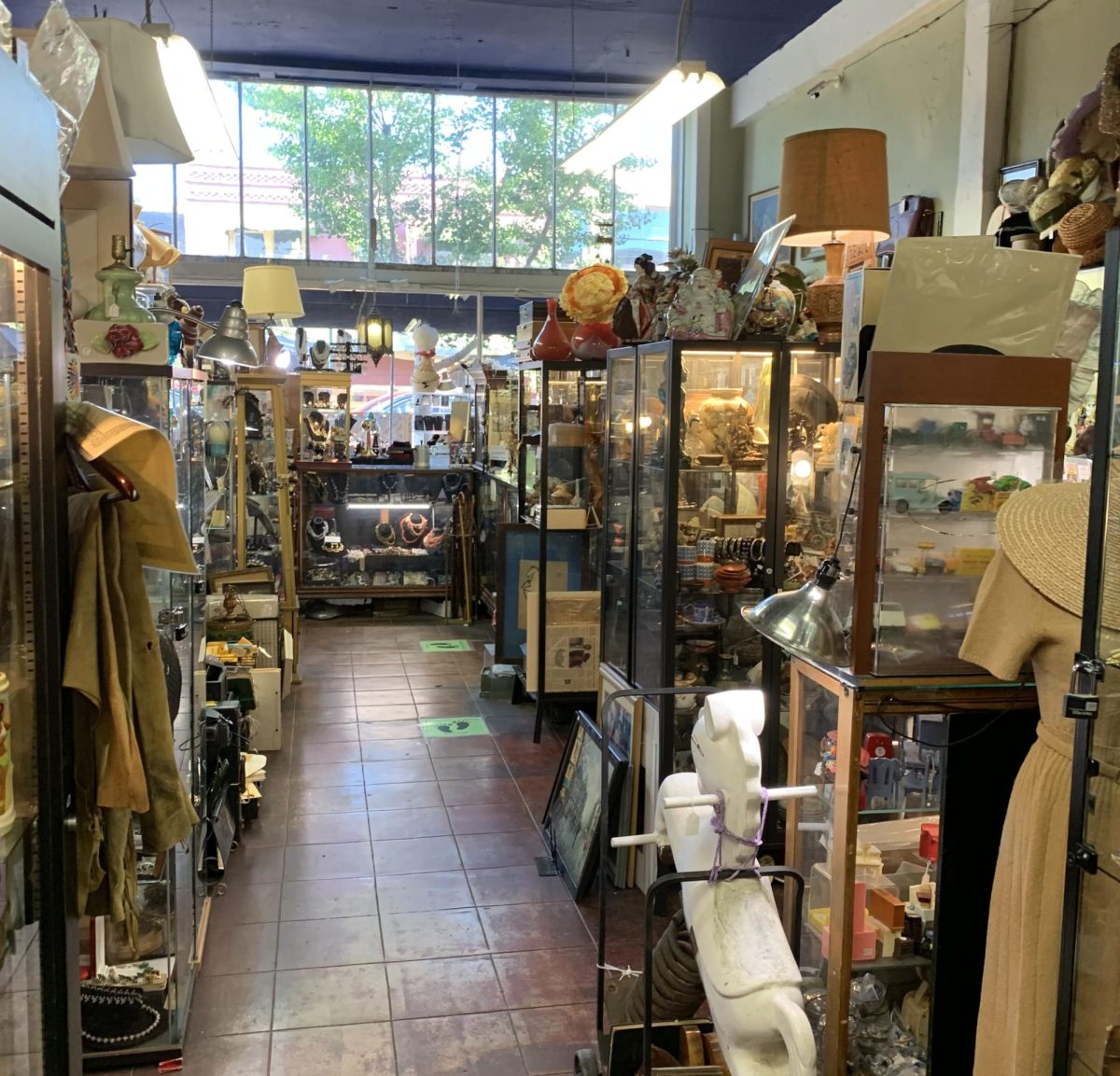

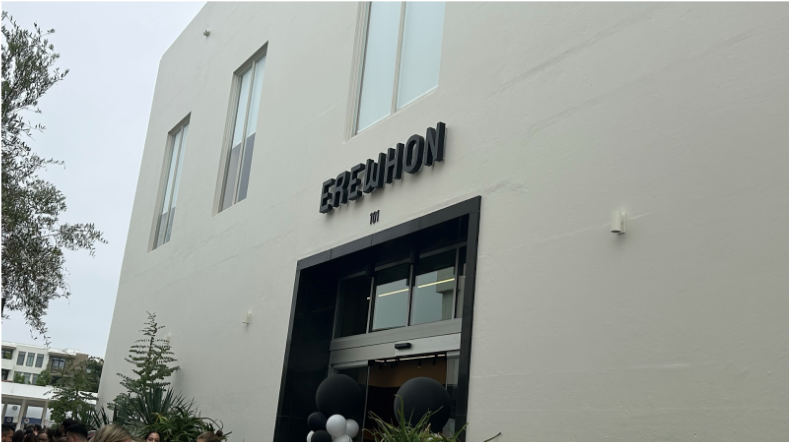

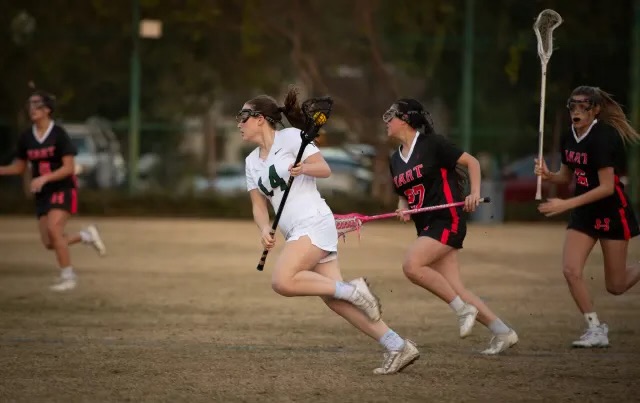
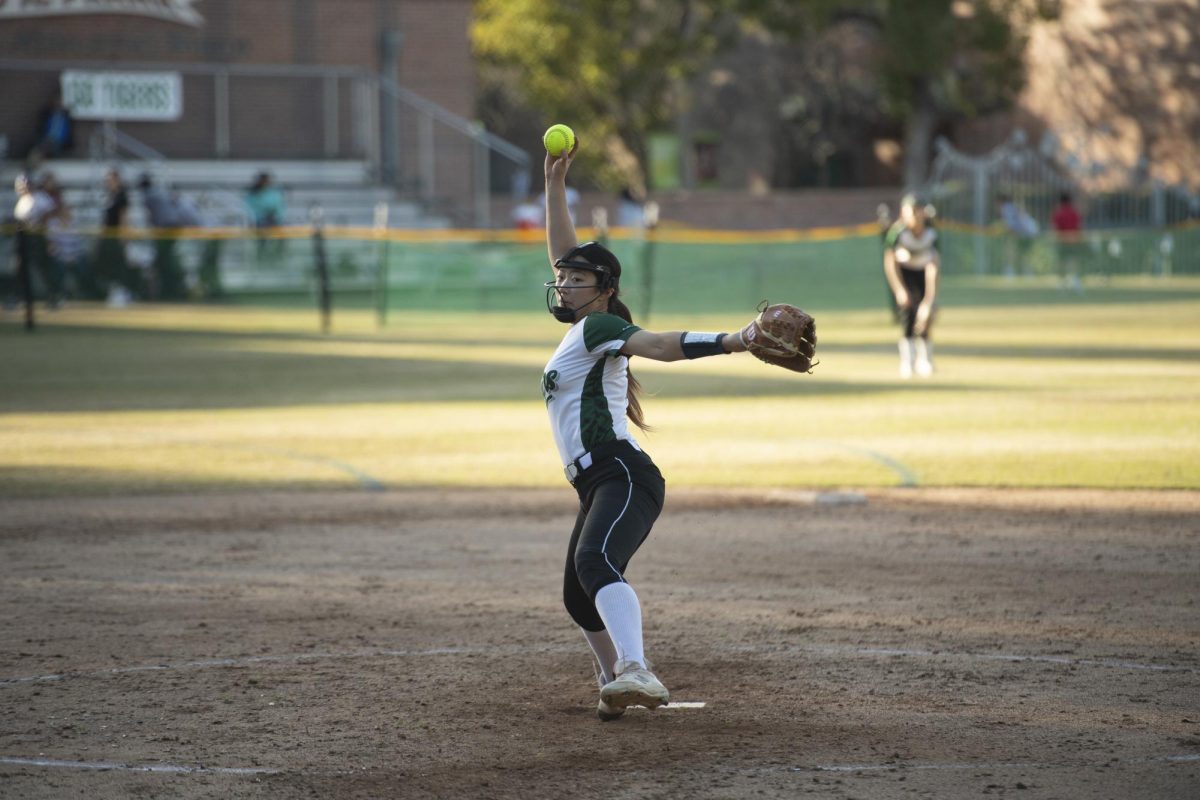

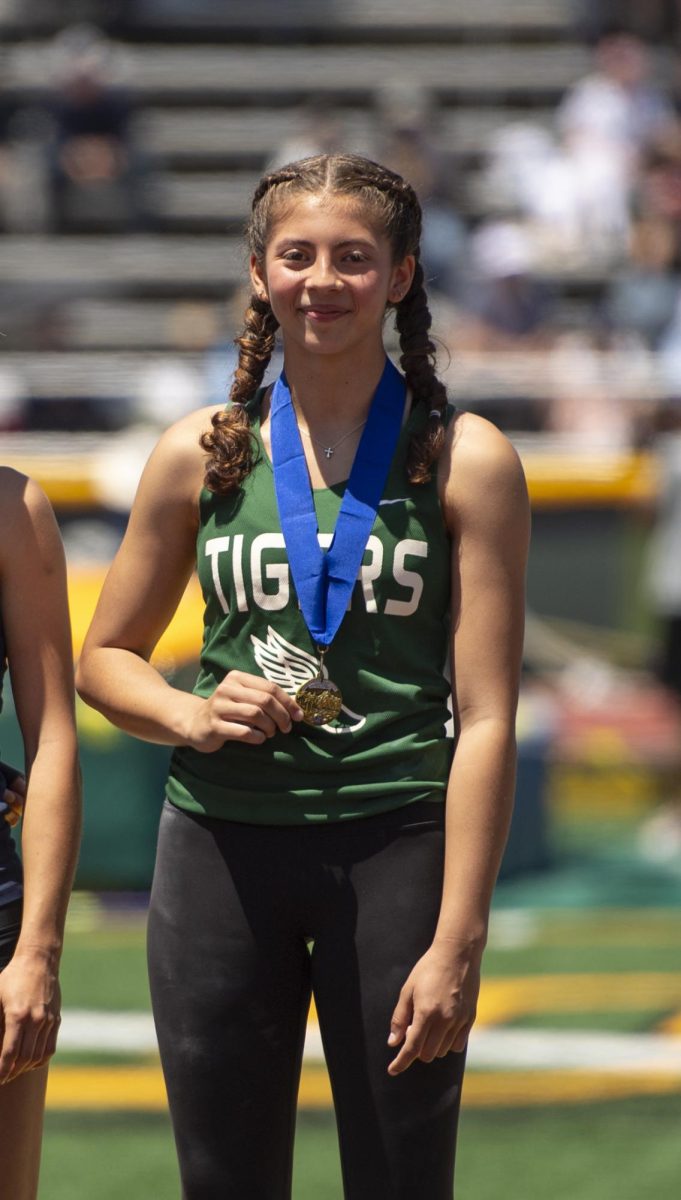


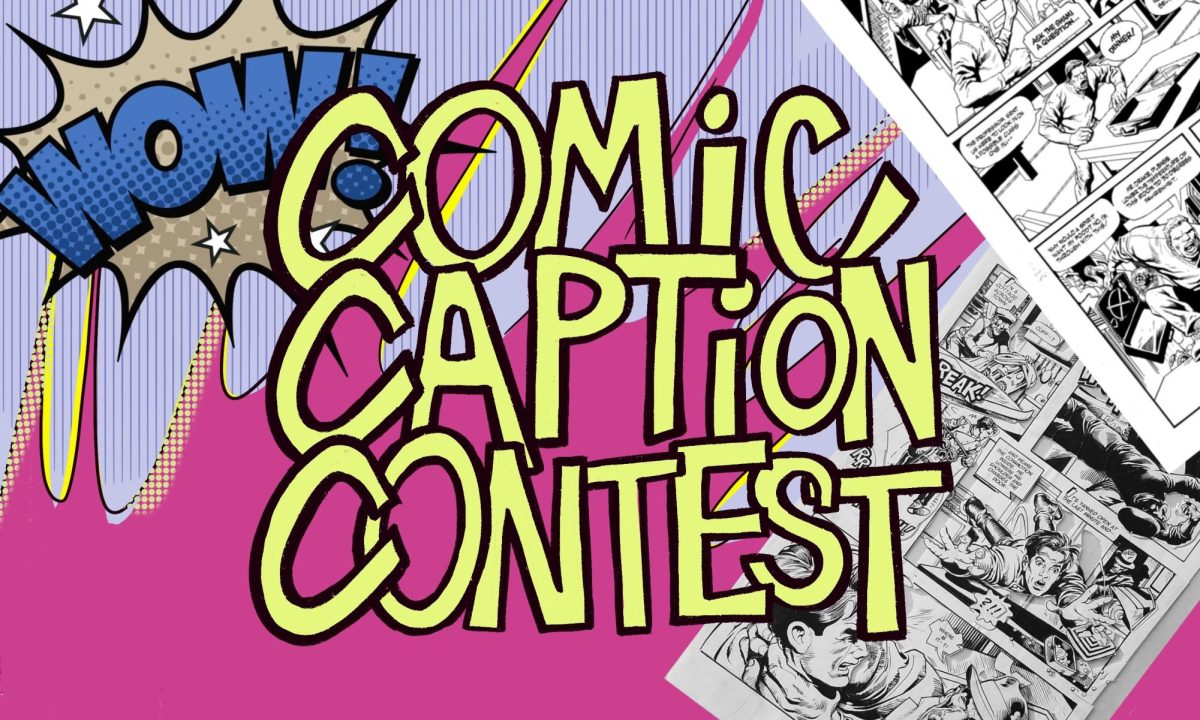
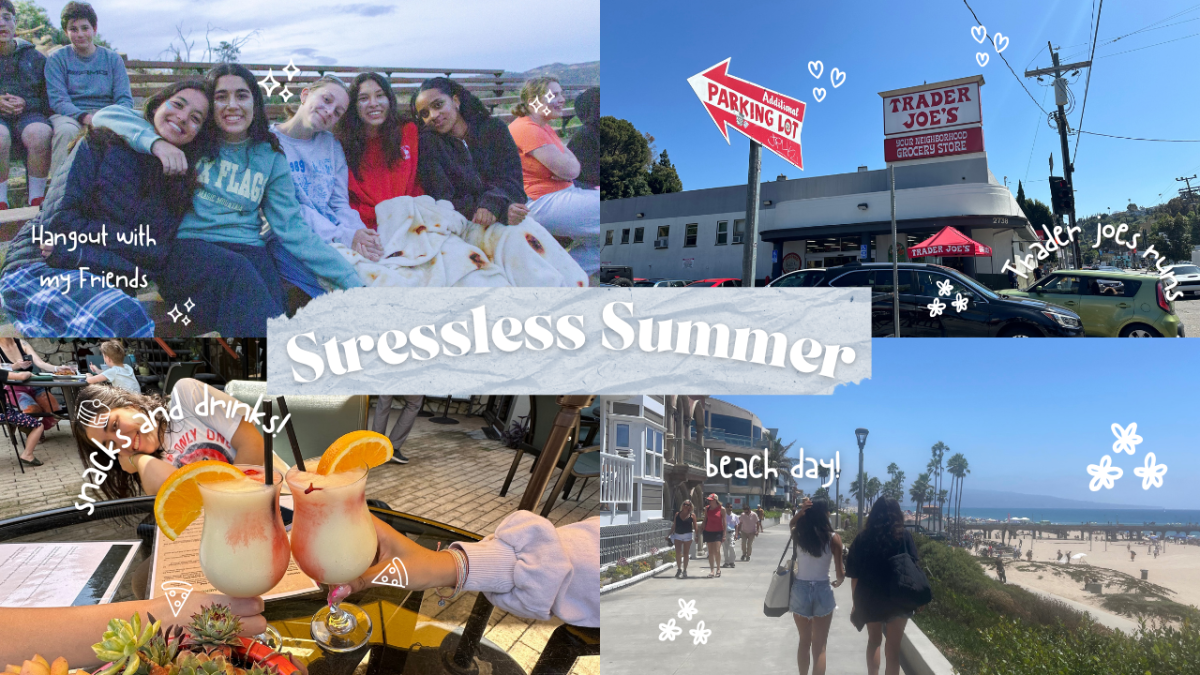
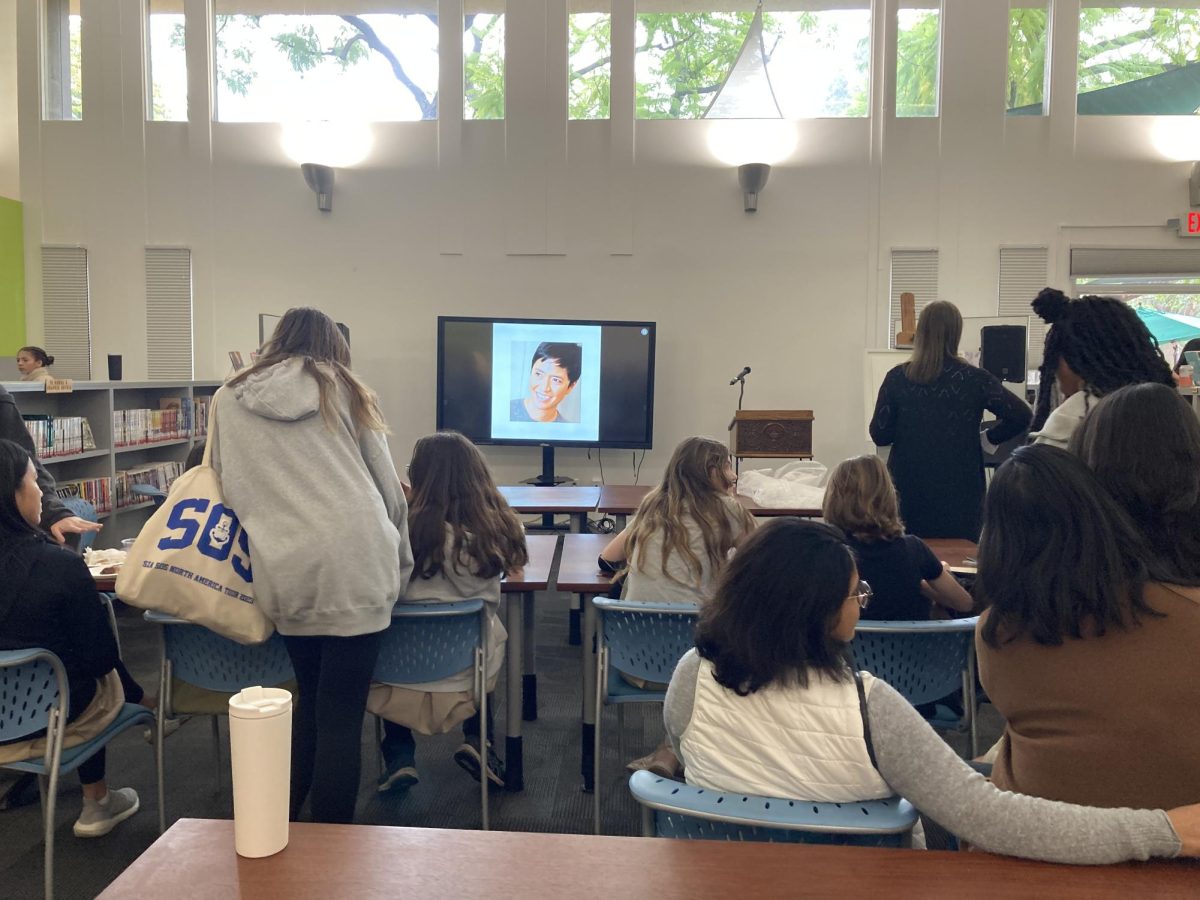





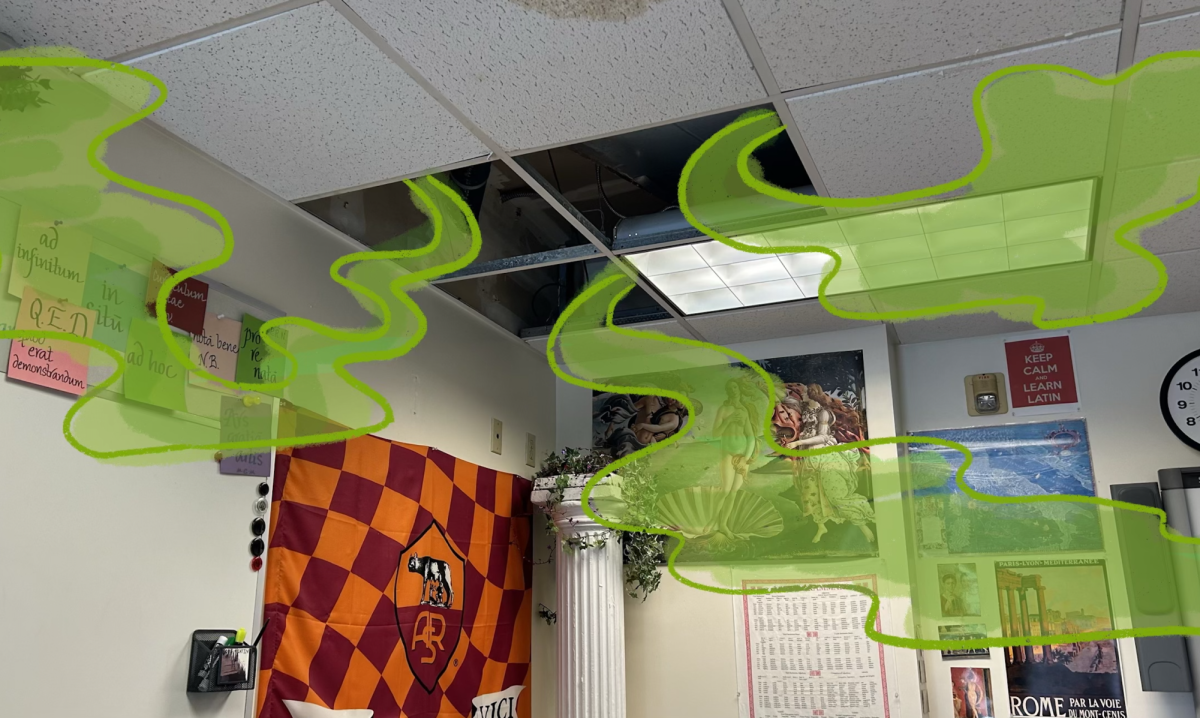
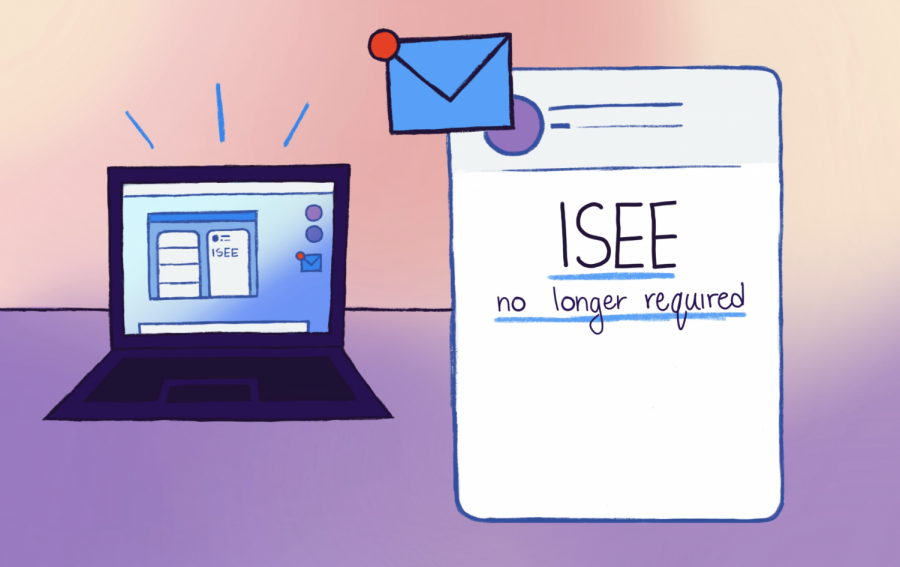
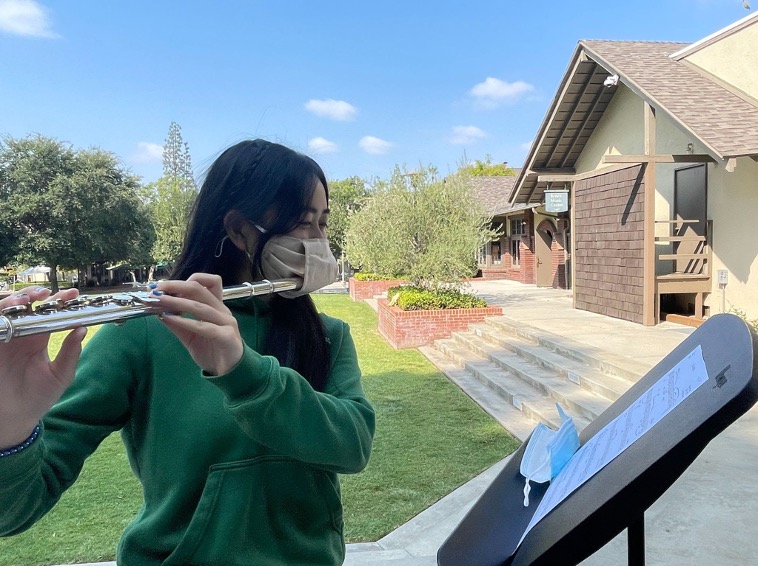
Tsia • Nov 16, 2023 at 6:01 pm
Very well done, Verena. ❤❤❤
Kate Brown • Oct 9, 2023 at 1:41 pm
This is an effortlessly beautiful tribute to a lovely soul. Obviously, I was not a part of your private conversation, but I imagine now, I too, will think of Anna when I wash my rice. Thank you for sharing this moving piece.
Lori Lewis • Oct 6, 2023 at 9:39 am
A most beautiful tribute to a beautiful human. Thank you.
Karen Hanselman • Oct 2, 2023 at 10:28 am
This is a beautiful and moving piece. THANK YOU.